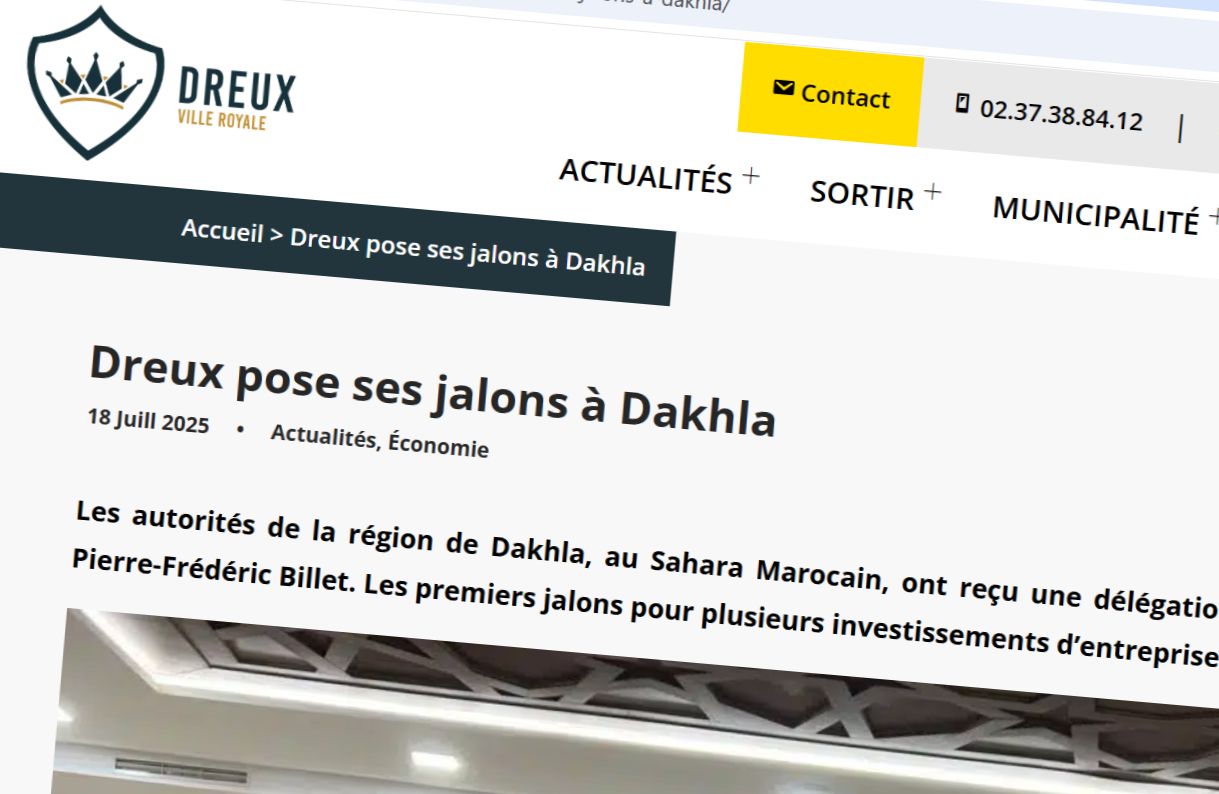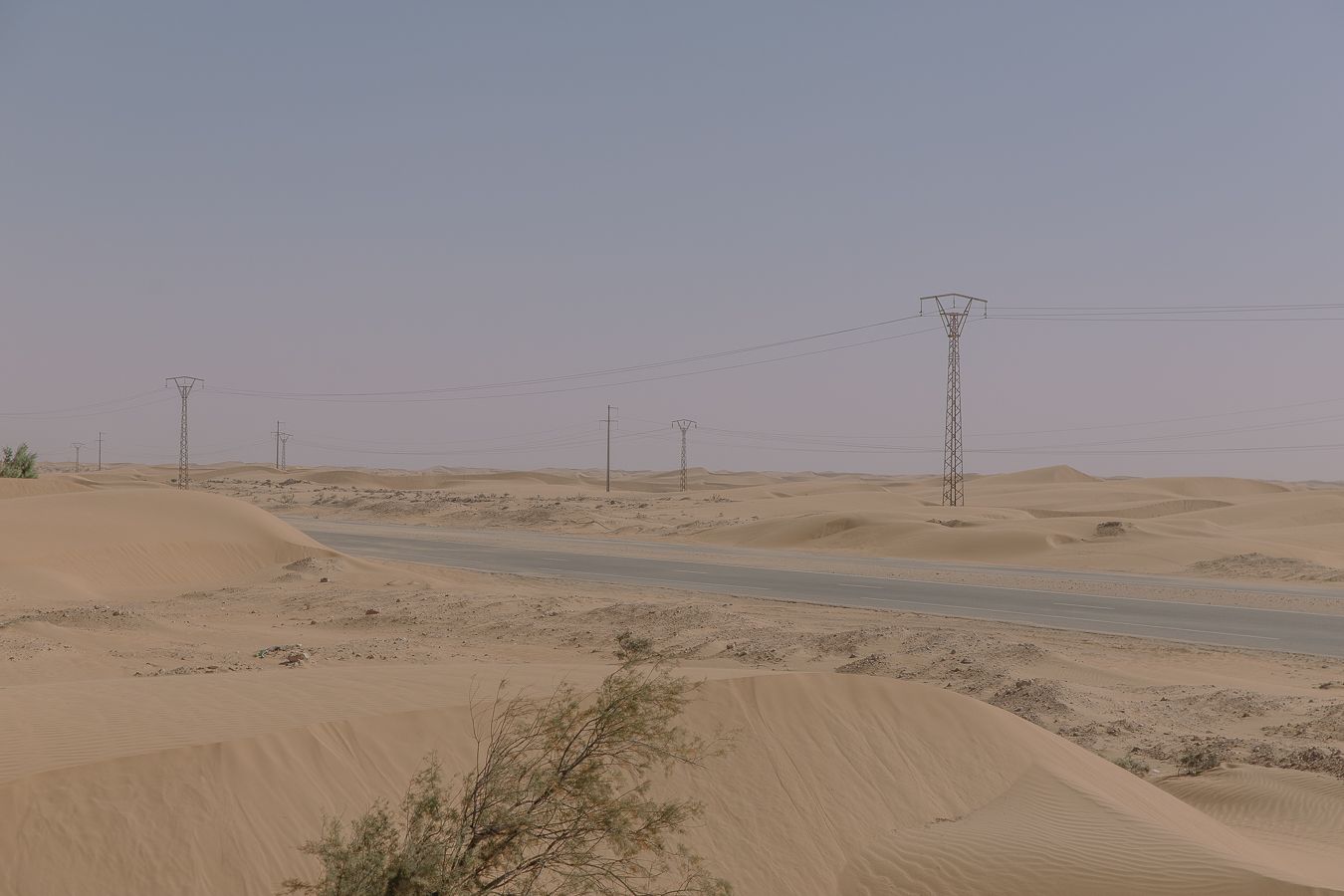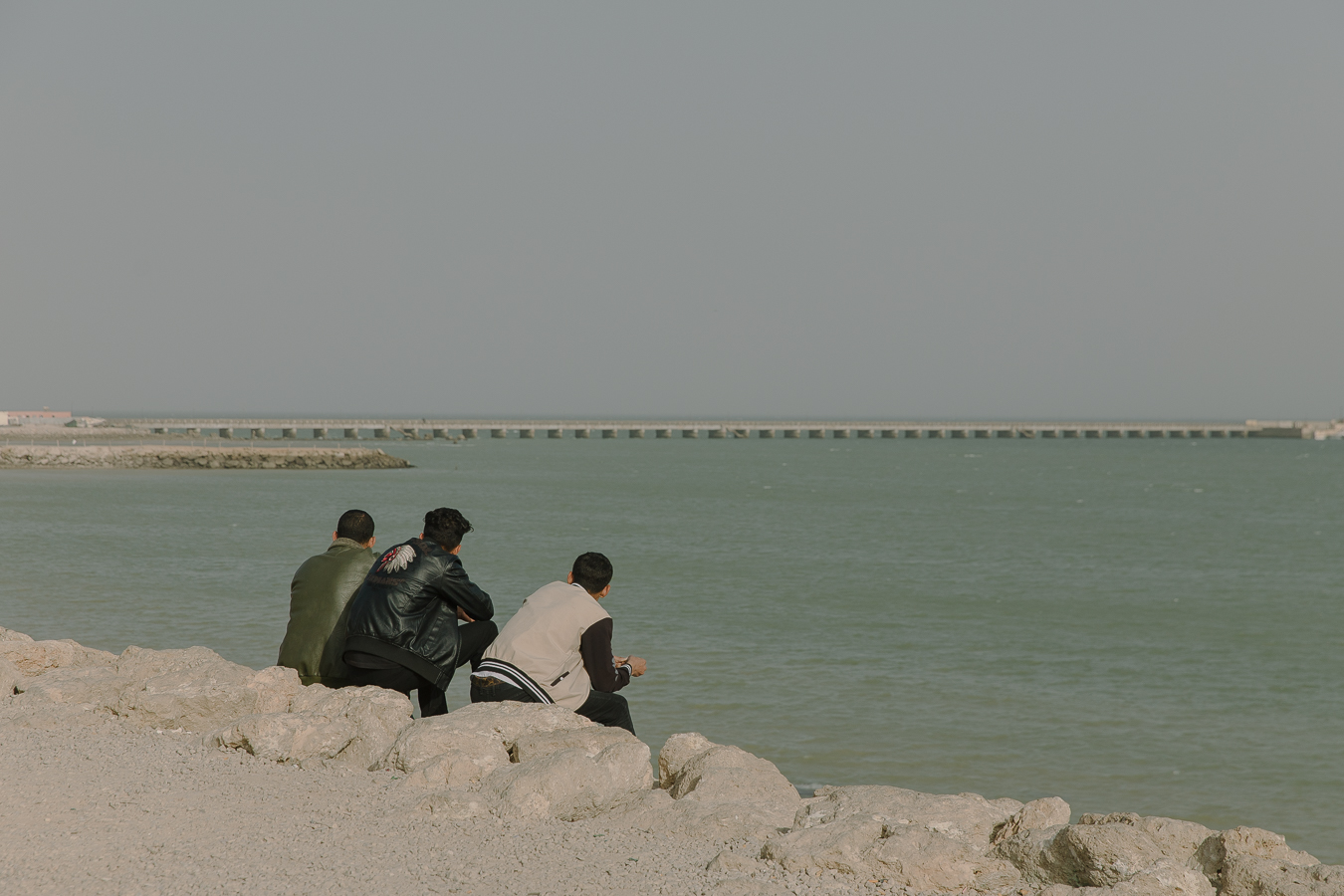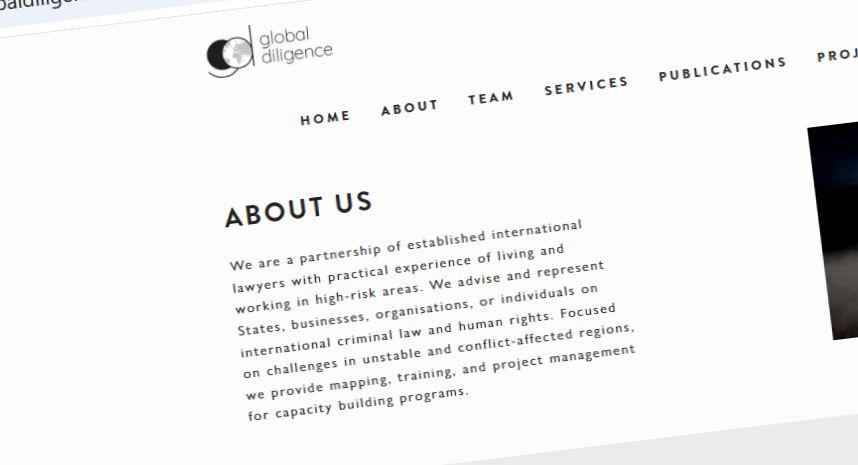
Days after the ECJ ruling, Morocco is still trying to find a company that will connect its illegal energy projects in occupied Western Sahara to the Moroccan grid.
Morocco is working to connect the energy that it produces in occupied Western Sahara, to the Moroccan networks, through a politically and legally highly controversial project.
According to the Moroccan news service Le 360, the Moroccan authorities have needed to postpone six times the conclusion of a tender for the 3GW high voltage connection that will link Dakhla in Western Sahara to Casablanca in Morocco.
Some of the companies interested in the tender are said to be needing “more time to prepare the application files”. The new deadline for submitting applications has now been set for 12 November, according to the ONEE website
The last postponement of the Moroccan energy authority ONEE was reportedly made a month ago, in order to update certain prequalification criteria.
In 2023, Western Sahara Resource Watch (WSRW) wrote about the Moroccan government’s plans to build its 1,400 km-long so-called “electric highway” connecting Morocco to the territory that it holds under foreign occupation. WSRW warned that companies should not bid on the tender.
In April, the French government announced that it was ready to finance the cable. The French government is one of Morocco’s most consistent partners, and has on numerous occasions blocked the ability of the UN mission in Western Sahara to monitor human rights violations.
Morocco has over the last years tried to attract European governments and companies to invest in its renewable energy programmes. A substantial part of these programmes are located in the occupied territory. The Court of Justice of the EU on 4 October passed another three rulings annulling EU-Morocco agreement in Western Sahara, arguing that the territory is separate and distinct from Morocco, which has no sovereignty or mandate to administer the territory. The Court has furthermore introduced severe conditions on any potential new agreement, ensuring that the Saharawi people can no longer be by-passed and that their right to self-determination and to permanent sovereignty of the territory’s resources are thoroughly protected.
Since you're here....
WSRW’s work is being read and used more than ever. We work totally independently and to a large extent voluntarily. Our work takes time, dedication and diligence. But we do it because we believe it matters – and we hope you do too. We look for more monthly donors to support our work. If you'd like to contribute to our work – 3€, 5€, 8€ monthly… what you can spare – the future of WSRW would be much more secure. You can set up a monthly donation to WSRW quickly here.
French publicly-owned firm plans energy project in occupied Western Sahara
The French town of Dreux considers ignoring a ruling in the French courts and to engage with a controversial energy operation in occupied Western Sahara.
Morocco pushes enormous green hydrogen plans in occupied Western Sahara
The Moroccan government has confirmed several green hydrogen projects totalling 20 GW of renewables and up to 8 million tonnes of derivatives - many planned in occupied Western Sahara.
Canary trade mission to legal minefield
A publicly organised mission will take Canary companies into occupied Western Sahara later this month.
Global Diligence defends operations on occupied land
The legal advisory firm Global Diligence, which presents itself as expert on ‘heightened due diligence’, misrepresents international law in occupied Western Sahara.



